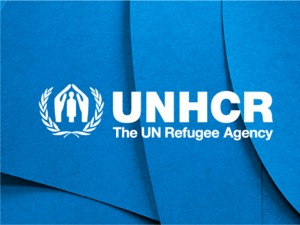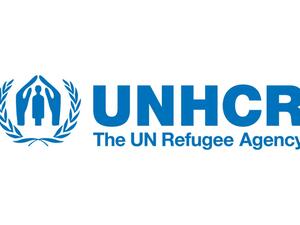UNHCR finds significant legal and operational inadequacies at Manus Island
UNHCR finds significant legal and operational inadequacies at Manus Island
In a report released today in Canberra, the UN High Commissioner for Refugees (UNHCR) warns of significant inadequacies in the transfer, treatment and processing of asylum-seekers transferred from Australia to the Assessment Centre at Manus Island, Papua New Guinea (PNG).
A UNHCR team visited Manus Island from 15-17 January to assess how Australia and PNG are implementing their obligations under the 1951 Refugee Convention, to review the conditions at the Centre and to meet with asylum-seekers, officials and service providers.
UNHCR acknowledges the commitment and on-going efforts by the Governments of PNG and Australia, as well as the service providers, to put in place adequate procedures and conditions for transferees, and also recognizes the very significant challenge of achieving these standards in remote Pacific Island locations within the timetable set by the two countries for the opening of the Centre.
UNHCR’s Report found that the current policy and practice of detaining all asylum-seekers on a mandatory and indefinite basis, without an individual assessment or possibility for review, amounts to arbitrary detention which is inconsistent with the obligations of both Australia and PNG under international human rights law.
“The mandatory detention of 34 children and their families at the Centre is particularly troubling for us,” said UNHCR’s Regional Representative Richard Towle.
The UN refugee agency recommends that no further transfers of children to Manus Island should occur until all appropriate legal and administrative safeguards for their processing and treatment are in place, including their placement in an open centre as opposed to the current environment of detention.
UNHCR is deeply concerned about the current lack of a national legal framework under which refugee claims can be assessed in PNG and capacity and expertise of officials to process such claims. Given this situation, the current delays and uncertainty surrounding the start of the refugee status determination process (RSD) appear to be inconsistent with the stated primary purpose of transfer from Australia to PNG, which is to identify whether a person is a refugee in need of international protection.
“Asylum-seekers are distressed and confused about their situation. They are in closed detention, without a process in sight. They feel they have been forgotten,” Mr. Towle said.
UNHCR’s report also notes that both States and contracted service providers are doing their best to improve conditions at the temporary facility but that, at the time of the visit, the living conditions for most detainees at the centre were harsh and, for some, inadequate.
“The hot and humid weather made the temporary accommodation very uncomfortable,” Mr. Towle said. “Due to heavy rain at the time of UNHCR’s visit, some areas were extremely muddy and in some places there were large amounts of standing water.”
UNHCR called on Australian and PNG authorities to improve the reception conditions and ensure an early start to the refugee assessments process in order to prevent increased levels of psycho-social and physical harm amongst asylum-seekers in the detention centre.
Other key recommendations call for more information and clarity for asylum-seekers about their situation, counseling on the procedures and time frames of various steps in line with international standards. UNHCR also calls for review of pre-transfer assessments in Australia to ensure that these fully take into account vulnerabilities of individuals who may have suffered torture or trauma.
UNHCR hopes that its recommendations - particularly those relating to the troubling situation of children detained at the Centre - will be reviewed carefully before any further transfers take place to Manus Island.
Transfers to Manus Island began on 21 November and at the time of UNHCR’s mission there were 221 asylum-seekers at the Centre.




